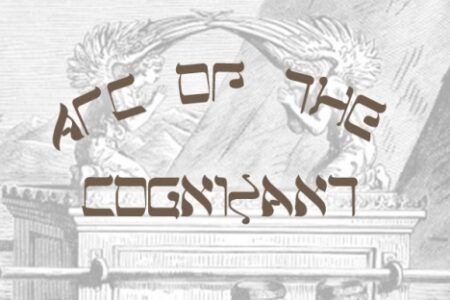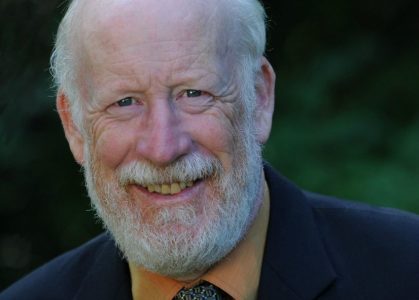MP Cannings speaks to residential schools
The discovery of 215 unmarked and seemingly undocumented graves of children on the grounds of the former residential school in Kamloops has produced an outpouring of grief and anger across Canada. While the discovery was not a surprise to many people, especially to residential school survivors, it served as a shocking reminder to most Canadians that the country must face this history and learn its full truth.
These children were not students like most Canadian kids going to school. They were forcibly taken from their families and endured unimaginable hardships as their culture was beaten out of them. Those that managed to get through their time at residential school did not graduate, they survived. To this day they are called survivors, not graduates.
What the discovery by the Tk’emlúps te Secwe̓pemc has made so clear is that many kids didn’t survive. They died from what can be most charitably described as willful neglect. They were chronically underfed while being forced to work to produce abundant food in the school gardens and farms. They had substandard medical care and suffered physical, sexual and mental abuse at the hands of school staff, the priests and nuns entrusted with their care. Many ran away in a desperate attempt to go home; many didn’t survive those escape attempts and were never seen again.
This is not ancient history. The last residential school closed in 1996. My friend and colleague Romeo Saganash had a brother who never came home from residential school. His mother was only told two years later that he had in fact died, and she only learned where he was buried 40 years later as the result of an investigation by Romeo’s sister. Stories like this are repeated from every residential school across Canada.
During the Truth and Reconciliation Commission hearings investigating the impact of residential schools, the commissioners asked for funding from the Harper government to investigate these stories of unmarked graves at many of the school sites across Canada. That request was turned down.
Unfair treatment of indigenous children by the government continues to this day. Right now, the federal government is fighting indigenous kids in court by appealing court decisions regarding financial compensation to residential school survivors and the rights of indigenous children to have the same access to health care that nonindigenous children have. All that and 19 other compliance orders from the Human Rights Tribunal.
The NDP recently introduced a motion in the House of Commons that called on the government to take the Truth and Reconciliation Commission’s calls to action seriously. It asked the government to finally fund the investigations that are needed to let us all know the truth. And it asked the government to stop fighting indigenous children in court.
On Monday, that motion was passed unanimously in the House of Commons, though shamefully a few cabinet ministers abstained and the rest of the Cabinet, including the Prime Minister, didn’t even show up to vote.
Many years ago, I visited the site of the Kamloops Indian Residential School with members from the Tk’emlúps te Secwe̓pemc community. They had just announced plans to keep the school standing as a working reminder of the ongoing impacts of the residential school system. It was a haunting experience for me then, as I listened to some of the stories of experiences at that institution. As we learned in the past two weeks, the truth can be shocking and painful, but knowing the truth is the first step in reconciliation.
If you have any comments or questions about this issue, please get in touch with me at richard.cannings@parl.gc.ca.
Richard Cannings is the MP in the House of Commons for South Okanagan – West Kootenay.


























Comments